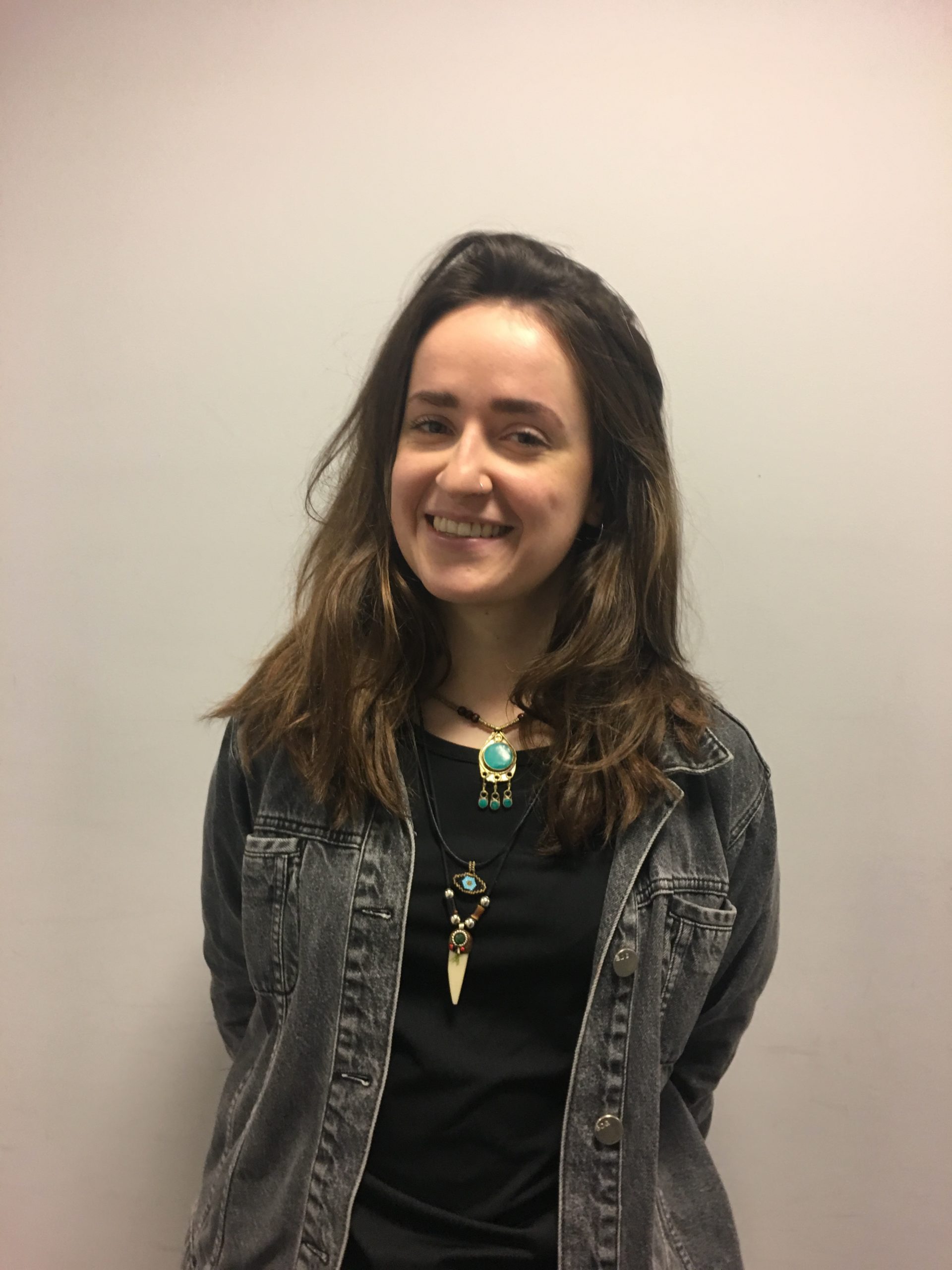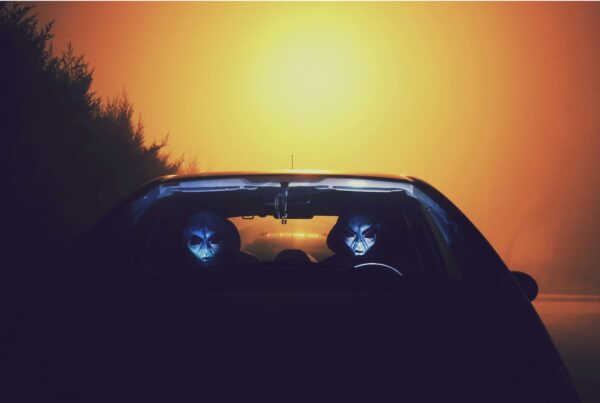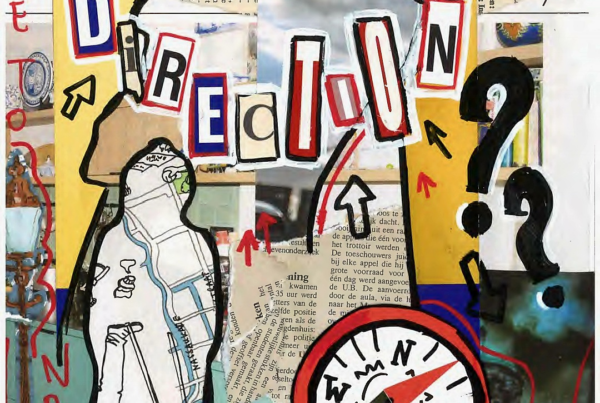

Franca Ding
What is it like to be a Psychology student? Three questions for Franca Ding (bachelor, first year).
What is the most useful thing that you’ve learned from Psychology?
‘Psychology has offered me a new way of seeing the world from different perspectives. It has already made me more critical, and thanks to Peter Starreveld, I’m always asking for the evidence now and looking for alternative explanations for why things have happened. I have learnt not to take anything for granted, be more empathetic and more understanding of other people’s perspectives.’
What do you like and dislike about Psychology at UvA?
‘I took the step to move here to study psychology because I was craving new input and challenges. I was definitely not disappointed. I really appreciate the strong focus on research. I think it’s really fascinating but also intimidating how infinite knowledge is, since the answer to every question leads to new questions! That is something that makes me curious though. What I dislike is the way we take the exams. Taking into account the number of students, this is probably the most efficient way but it’s not the most satisfying way. Sometimes it feels like it’s not really testing our knowledge, but it’s more about whether you can find the right option in the multiple choice questions. Having said that, taking them every four weeks is also a bit stressful! What bothers me the most though is finding a place to study at the university because it can be very time-consuming. I know that the UvA is already trying to provide more study areas during the critical periods but it’s still quite stressful.’
How much do you think your appearance matters at university?
‘Actually, that is one of the parts I enjoy the most about being at university because no one really cares about how you look, or at least I don’t really care most of the time! I feel that everybody can really be themselves. Especially in psychology, I feel nobody would judge you based on just your looks because people are always interested in the person behind the mask.’

Franca Ding
What is it like to be a Psychology student? Three questions for Franca Ding (bachelor, first year).
What is the most useful thing that you’ve learned from Psychology?
‘Psychology has offered me a new way of seeing the world from different perspectives. It has already made me more critical, and thanks to Peter Starreveld, I’m always asking for the evidence now and looking for alternative explanations for why things have happened. I have learnt not to take anything for granted, be more empathetic and more understanding of other people’s perspectives.’
What do you like and dislike about Psychology at UvA?
‘I took the step to move here to study psychology because I was craving new input and challenges. I was definitely not disappointed. I really appreciate the strong focus on research. I think it’s really fascinating but also intimidating how infinite knowledge is, since the answer to every question leads to new questions! That is something that makes me curious though. What I dislike is the way we take the exams. Taking into account the number of students, this is probably the most efficient way but it’s not the most satisfying way. Sometimes it feels like it’s not really testing our knowledge, but it’s more about whether you can find the right option in the multiple choice questions. Having said that, taking them every four weeks is also a bit stressful! What bothers me the most though is finding a place to study at the university because it can be very time-consuming. I know that the UvA is already trying to provide more study areas during the critical periods but it’s still quite stressful.’
How much do you think your appearance matters at university?
‘Actually, that is one of the parts I enjoy the most about being at university because no one really cares about how you look, or at least I don’t really care most of the time! I feel that everybody can really be themselves. Especially in psychology, I feel nobody would judge you based on just your looks because people are always interested in the person behind the mask.’



